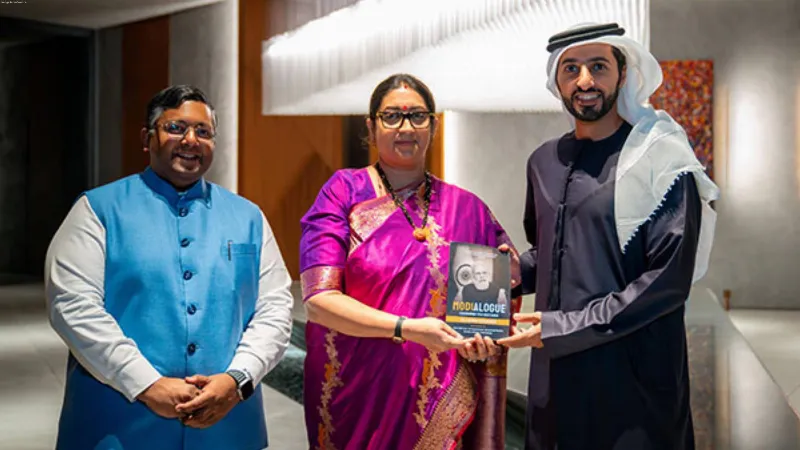New Delhi: The Supreme Court has upheld the conviction of a man for raping a seven-year-old girl in a temple in Madhya Pradesh in 2018 and sentenced him to 30 years in jail.
A bench of Justices CT Ravikumar and Rajesh Bindal noted that the man's action was barbaric.
The victim girl's grandmother lodged an FIR on May 21, 2018, against the man, who was 40 years old at the time of the crime, for kidnapping and raping the minor. The convict took the victim to a temple and raped her.
The trial court, after finding the man guilty, awarded him capital punishment under Section 376 AB (rape on woman under 12 years of age) of the Indian Penal Code (IPC). He was also convicted under the provisions of the Protection of Children from Sexual Offenses Act, 2012 (POCSO Act).
The Madhya Pradesh High Court, however, on October 11, 2018, commuted the sentence to life imprisonment for the remainder of the convict's natural life.
The apex court, in its February 5 order, while taking into account the present age of the petitioner and the fact that he has already undergone incarceration, modified his sentence by imposing a fine of Rs 1 lakh on the convict.
"On consideration of all such aspects, we are of the considered view that a fixed term of sentence of 30 years, which shall include the period already undergone, must be the modified sentence of imprisonment," said the top court.
The court in its order said, "While maintaining the conviction of the petitioner-convict under Section 376 AB, IPC, the sentence imposed thereunder is modified to a sentence of rigorous imprisonment for a term of 30 years, making it clear that this will also include the period of sentence already undergone and the period, if any, ordered by the trial court for set off."
The apex court further directed that the man shall not be released from jail before the completion of the actual sentence of 30 years.
The top court, while noting how the incident may haunt the victim, said every visit to any temple may hark back to the unfortunate and barbaric action to which she was subjected to.

.jpg)














